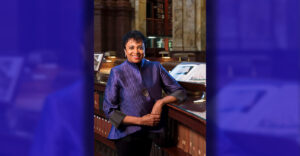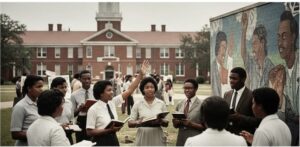‘Harry & Meghan’ wrestles with lingering impact of racism and colonialism
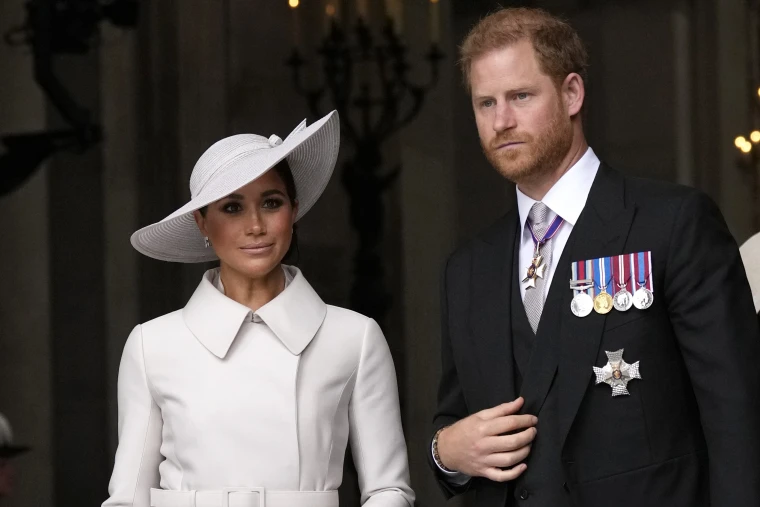
By Henry Austin, Leila Sackur and Laura Saravia
In the new Netflix docuseries, Prince Harry suggested that some members of his family did not recognize the role of racism in the scrutiny of Meghan.
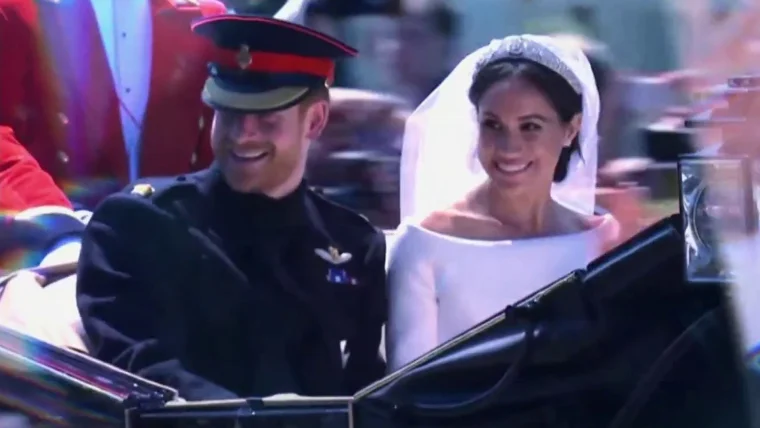
Four years ago, the wedding of Prince Harry and Meghan, the Duchess of Sussex, carried the promise of a modernized monarchy. A member of the British royal family, the whitest of institutions, was marrying a mixed-race American woman.
But in their docuseries on Netflix the second installment of which will be released Thursday the Sussexes, now based in the U.S., suggest that the ghosts of slavery and centuries of colonialism risk overshadowing a royal couple that had embodied hopes of reconciliation.
The first three of the six episodes touch on Britain’s history as the world’s largest empire controlling swaths of Asia, Africa and the Americas and seek to link this legacy with the treatment of Meghan even before she married Harry, both by the media and the royals themselves.
It highlights the intense media scrutiny Meghan and her family were subjected to when the couple’s relationship became public and headlines published in British newspapers including, “Harry’s girl is (almost) straight outta Compton,” and another saying, “One’s gone GangstER.”
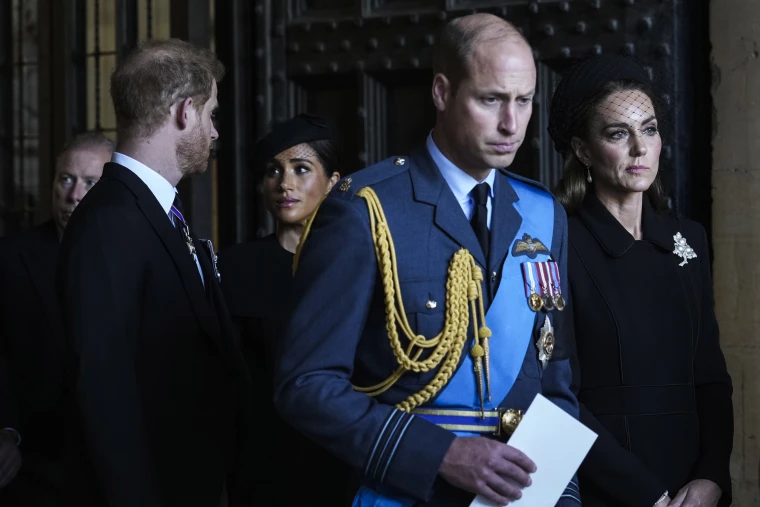
Another column, by Rachel Johnson, sister of former British Prime Minister Boris Johnson, referred to Meghan’s “dreadlocked mother” Doria Ragland and “exotic blood.”
Ragland, who is Black, says in the documentary that she told her daughter, “This is really about race. And she said, ‘Mommy, I don’t want to hear that.’ And I said, ‘You may not want to hear that but this is what’s coming down the pike.’”
In the documentary, Meghan said she hadn’t thought much about her race until the media made it an issue.
“It’s very different to be a minority but not be treated as a minority right off the bat,” Meghan said in the second episode of the six-part series, the first three of which were released by the streaming service. “Obviously now people are very aware of my race because they made it such an issue when I went to the U.K.”
On the flip side, Harry suggested that some of his family did not recognize the role that race played in the coverage given to Meghan as compared to other members of the family.
“As far as a lot of the family were concerned, everything she was being put through, they had been put through as well. So it was almost like a rite of passage,” he said.
“Some of the members of the family were like, ‘Right my wife has been put through that, so why should your girlfriend be treated any differently? Why should you get special treatment? Why should she be different?’” Harry recalled. “And I said, ‘The difference here is the race element.’”
In a wide-ranging interview with Oprah Winfrey in March 2021, the couple also alleged that in the months leading up to their son Archie’s birth, a royal insider expressed “concerns and conversations about how dark his skin might be when he’s born.” Winfrey later said it was not Harry’s grandparents, the late Queen Elizabeth II and Prince Philip, who made the remarks.
Prince William later denied that the royal family is racist.
“We’re very much not a racist family,” William said on March 11, 2021.



